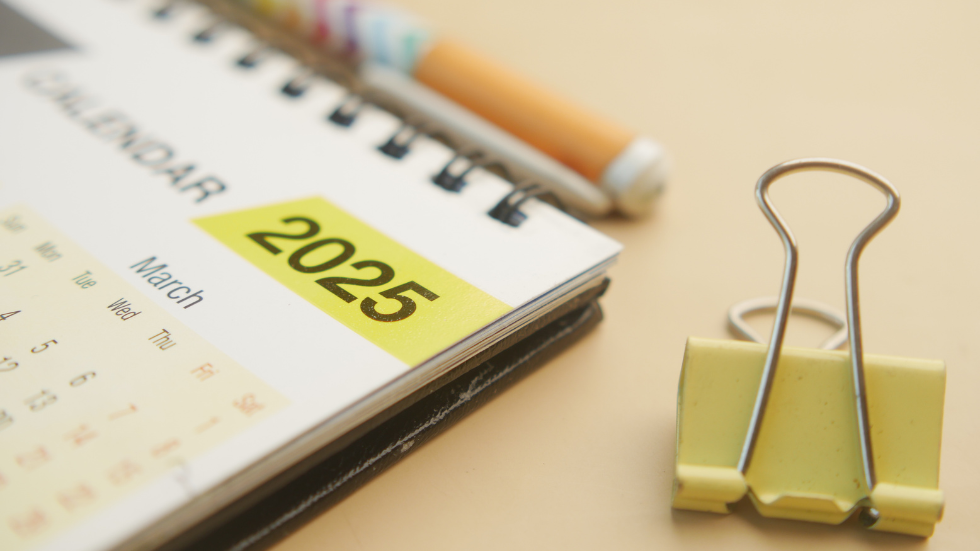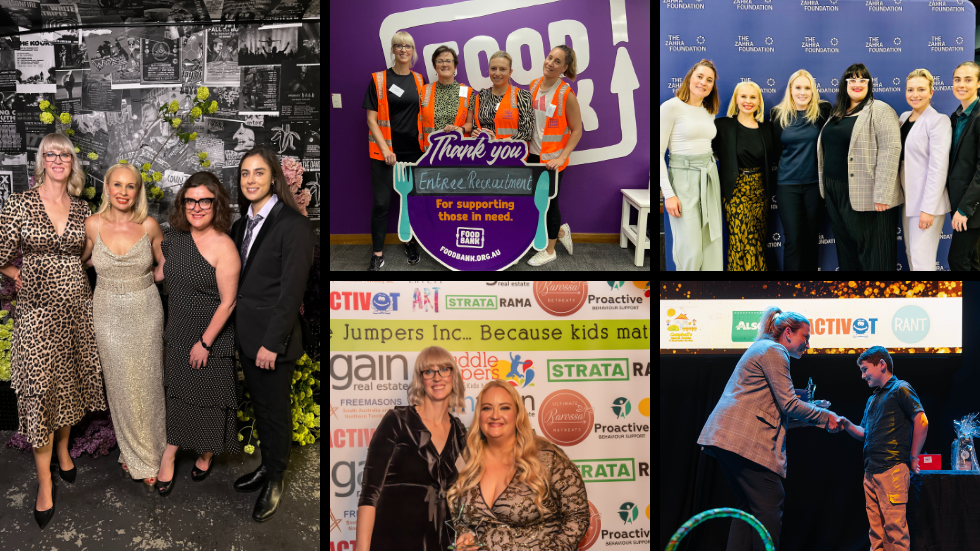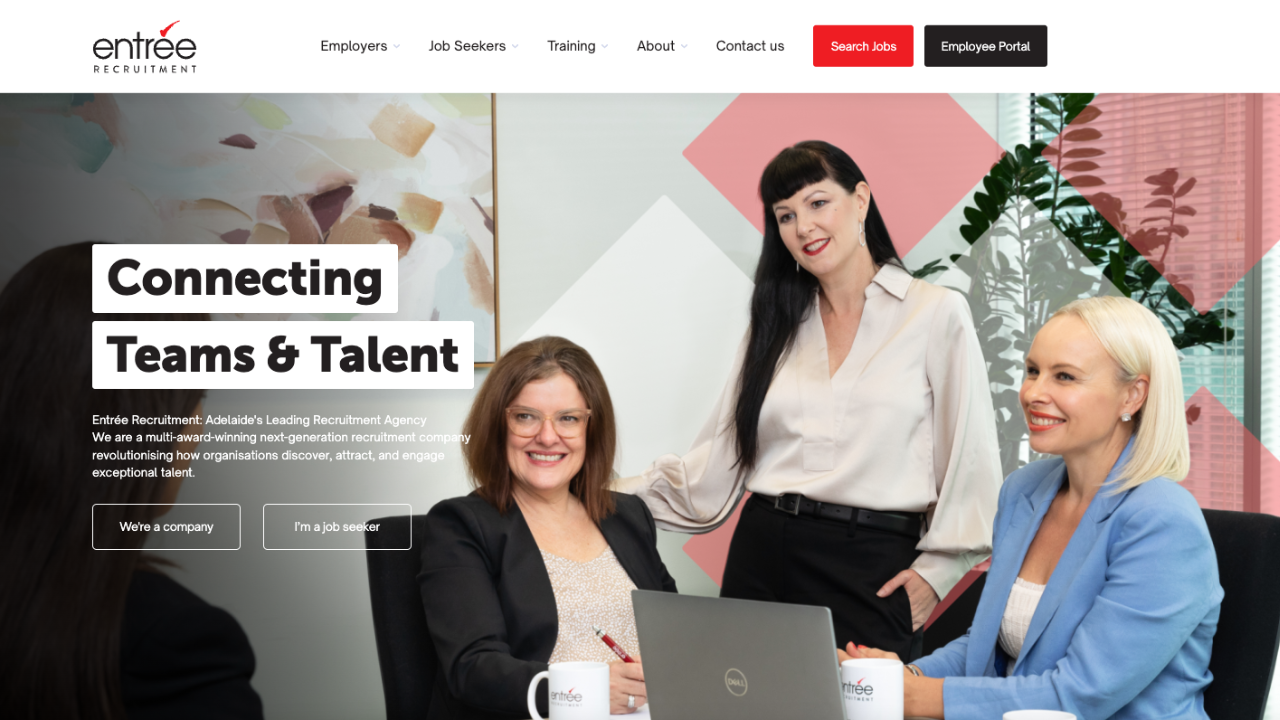Entrée Recruitment’s Ultimate Interview Guide
Dress Code Your choice of attire for the interview significantly impacts the first impression you make. It is important to dress in a manner that is both professional and appropriate for the business environment. Choose professional corporate attire that is neat, clean, and fits well. Here are some examples: Blazers or Jackets: Pair with trousers, skirts, or a conservative dress….

Dress Code
Your choice of attire for the interview significantly impacts the first impression you make. It is important to dress in a manner that is both professional and appropriate for the business environment. Choose professional corporate attire that is neat, clean, and fits well. Here are some examples:
- Blazers or Jackets: Pair with trousers, skirts, or a conservative dress.
- Shirts: Opt for a collared shirt or a blouse in neutral colours.
- Trousers and Skirts: Ensure they are of a professional cut and fit.
- Shoes: Closed-toe, professional shoes
- Accessories: Keep it minimal and professional.
Preparation
Preparation is crucial and can distinguish you from other candidates:
- Details: Confirm the interview’s date, time, location, and contact person.
- Research: Familiarise yourself with the company’s values, vision, recent achievements, and news.
- Role Clarity: Understand the job description to anticipate role-related queries.
Typical Interview Questions
Framework: The STAR technique (Situation, Task, Action, Result) is a powerful tool for constructing your responses with confidence and clarity.
Example Q&A:
- Q: “Can you tell us about a challenging project and how you handled it?”
- A: “In my previous role, we faced (Situation) …, I was responsible for (Task) …, so I decided to (Action) … As a result, (Result) …”
- Q: “What do you know about our organisation?”
- A: “Your organisation is renowned for [specific details]. Recently, it has accomplished [recent achievement], which I admire because [reason].”
- Q: “Why does this role specifically appeal to you?”
- A: “This role suits my skillset and career ambitions perfectly because [specific reasons], particularly the [aspect of the role], which I find intriguing.”
- Q: “What motivates you at work?”
- A: “I am greatly motivated by [factors that drive you], reflected in this role’s responsibilities.”
- Q: “Long term, what are you hoping to achieve in your career?”
- A: “My long-term goal is to [career goal], and this position is a crucial step towards it because [how this role fits into the career path].”
- Q: “What are your greatest career achievements?”
- A: “My biggest achievement so far has been [describe achievement], mainly because [the impact of your achievement].”
Behaviour
Your body language reinforces your spoken words:
- Body Posture: Maintain an upright position, face the interviewer, and remain approachable.
- Non-Verbal Cues: Incorporate suitable gestures, moderate eye contact, and nod to convey understanding.
- Attentiveness: Focus on the interviewer and minimise distractions.
- Smile: Display positivity and confidence through a friendly demeanour.
Common Interview Mistakes
Avoiding common pitfalls can significantly improve your chances in an interview. Here are the most frequent missteps to be aware of:
Lack of Preparation
- Insufficient Company Knowledge: Not being able to talk intelligently about the company is a common oversight that can communicate a lack of interest.
- Poor Understanding of the Role: Not understanding the job description or how your skills match the role might indicate a lack of qualification or interest.
Negative Attitude
- Criticising Previous Employers: It’s unprofessional and might make interviewers wary of how you speak about them in the future.
- Overconfidence or Arrogance: Confidence is key, but overstepping can leave a negative impression.
Poor Verbal Communication
- Not Answering the Question: Failing to address the interview questions directly can be seen as evasive or unprepared.
- Using Filler Words Excessively: Overuse of “um,” “like,” “you know,” etc., can detract from your professionalism.
Not Engaging Fully
- Lack of Questions: Not having questions prepared for the interviewer can suggest disinterest.
- Inattentiveness: Failing to engage, not making eye contact, fiddling with objects, or not actively listening can all undermine your interview.
Additional Tips
Questions for Interviewer: Prepare a list of questions to ask the interviewer to show your interest and help you assess the role’s suitability, for example:
- “Can you describe the company culture?”
- “What are the immediate priorities for someone in this role?”
- “How is success measured for this position?”
Follow-Up: Sending a post-interview thank you email is not just a courtesy; it’s an opportunity to reiterate your interest and explain why you’re a good fit, showing your proactive engagement with the process.
This guide, thorough preparation, self-awareness, and authenticity will significantly improve your interview performance and create a lasting impression. The objective is to highlight your skills and experience and demonstrate a cultural fit and potential for future growth within the company.








